Latin America Update, November 2013
In 'Latin America Update' Gateway House lists some of the important events in Latin America over the past month

Former Distinguished Fellow, India-Latin America
Engagement of India with Latin American countries
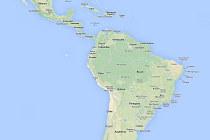 Courtesy: Google Maps
Courtesy: Google Maps
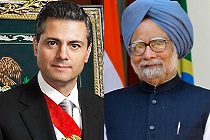 Courtesy: WikimediaCommons
Courtesy: WikimediaCommons
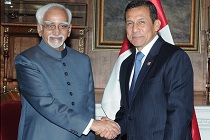 Courtesy: Ministry of External Affairs, India
Courtesy: Ministry of External Affairs, India
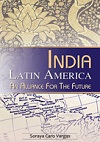 Courtesy: Vitasta Publishing Pvt. Ltd.
Courtesy: Vitasta Publishing Pvt. Ltd.
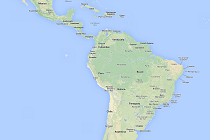 Courtesy: Google Maps
Courtesy: Google Maps
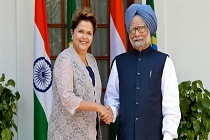 Courtesy: Roberto Stuckert Filho/Wikimedia Commons
Courtesy: Roberto Stuckert Filho/Wikimedia Commons
 Courtesy: Ministério da Saúde/Flickr
Courtesy: Ministério da Saúde/Flickr
 Courtesy: glaubercavalcante
Courtesy: glaubercavalcante
 Courtesy: millerm217/Flickr
Courtesy: millerm217/Flickr
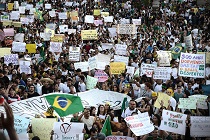 Courtesy: Yassin/Flickr
Courtesy: Yassin/Flickr
